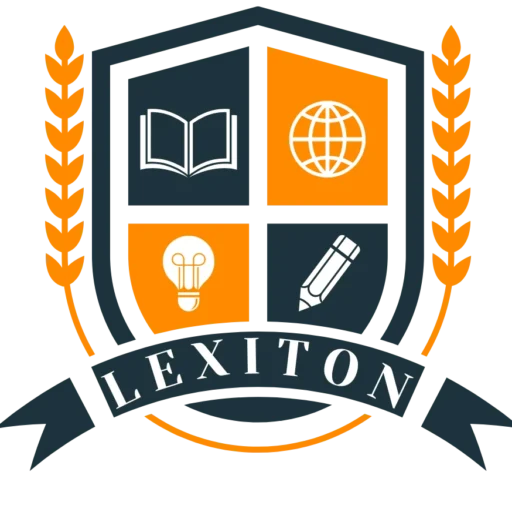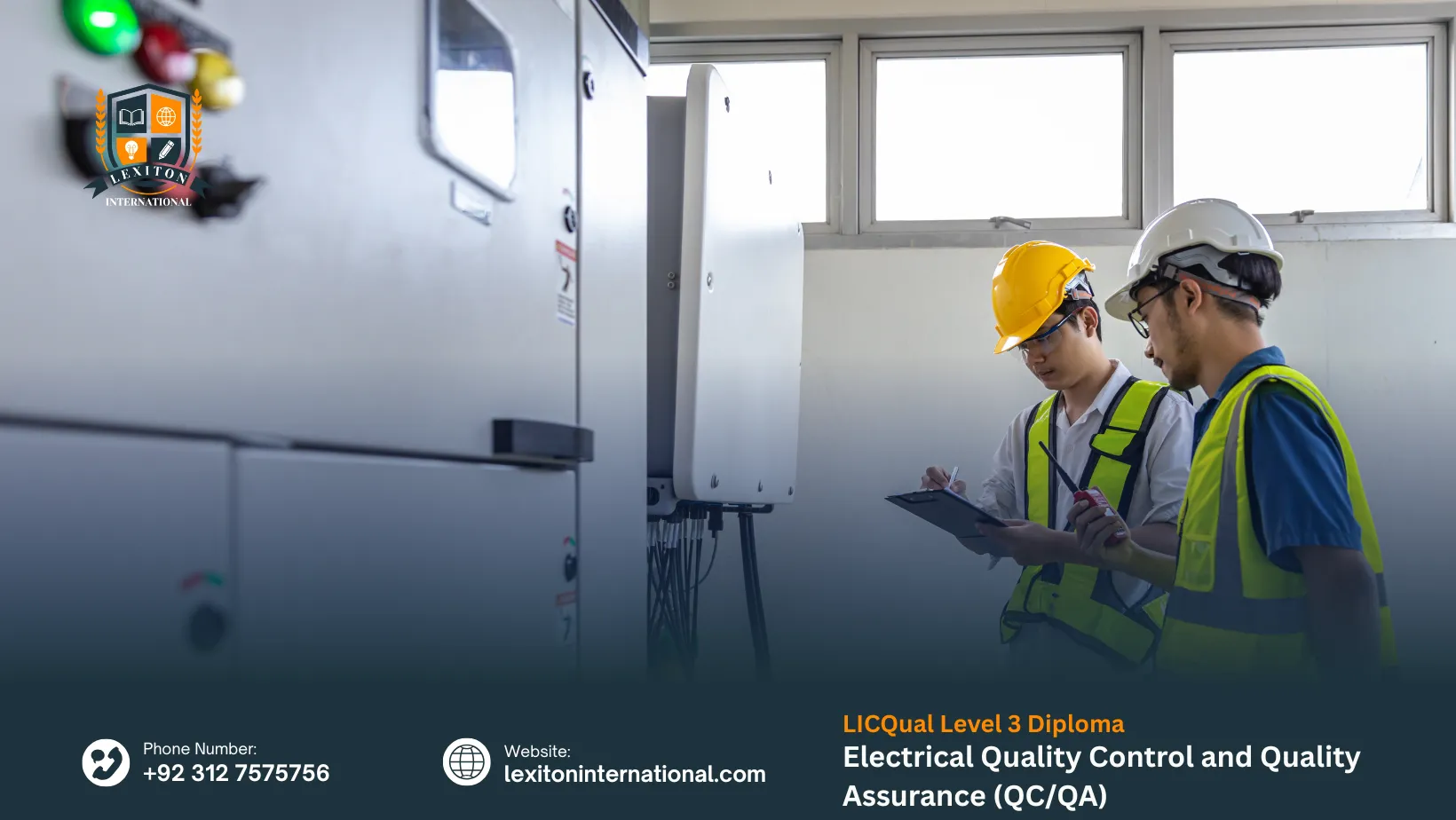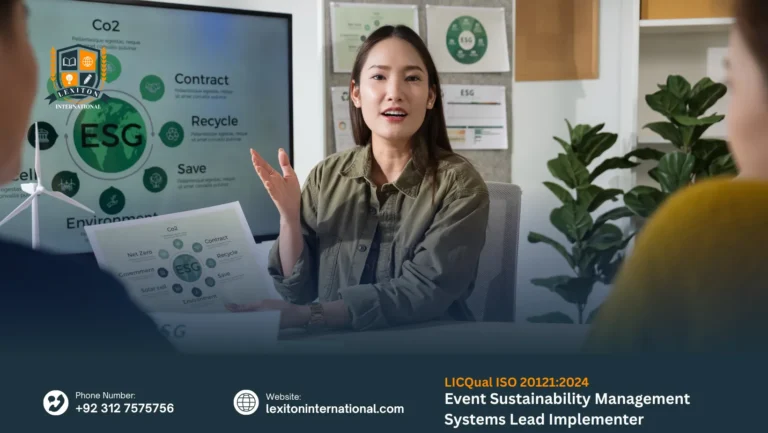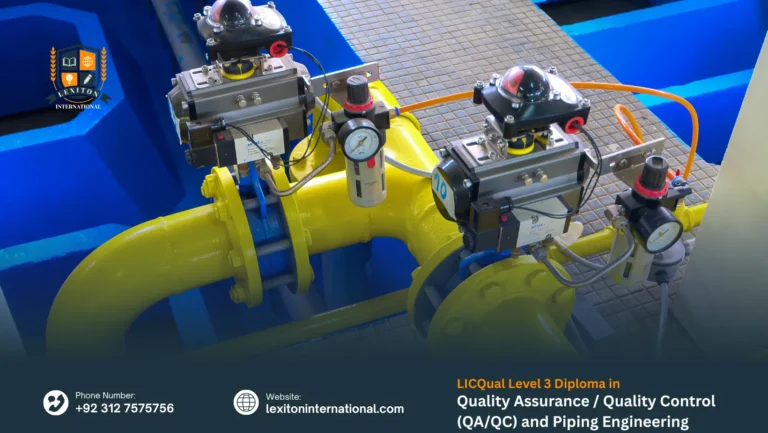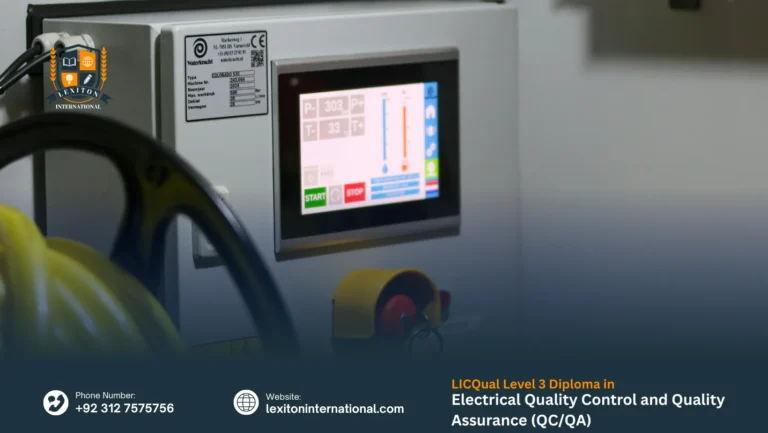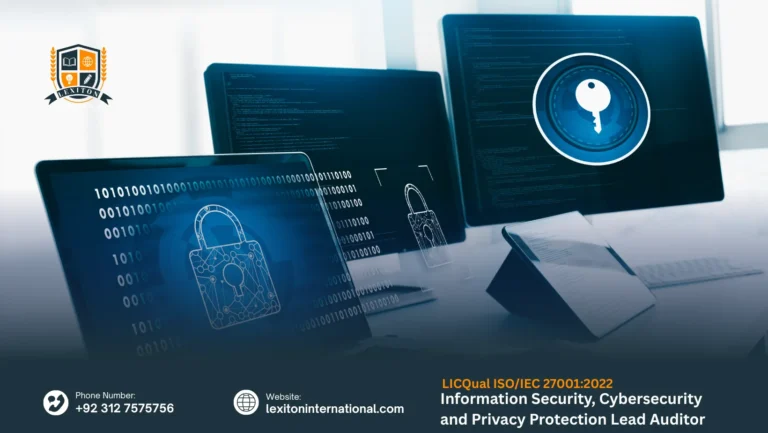The LICQual Level 3 Diploma in Electrical Quality Control and Quality Assurance (QC/QA) is a comprehensive qualification designed to equip learners with the technical knowledge and practical expertise required to maintain high-quality standards within electrical systems and projects. This diploma focuses on the principles, methodologies, and procedures of quality assurance and control, emphasizing compliance with international electrical standards and industry best practices. Participants will gain a solid understanding of inspection techniques, documentation processes, testing methods, and quality auditing specific to electrical installations and equipment.
Throughout the program, learners will explore critical topics such as electrical system integrity, material quality verification, risk management, and regulatory compliance. The course integrates theoretical learning with applied case studies and supervised assessments to ensure that learners can translate concepts into practice. Emphasis is placed on identifying defects, performing root cause analysis, and implementing corrective and preventive actions to improve electrical system reliability and performance.
This qualification is ideal for individuals pursuing careers in electrical engineering, inspection, maintenance, or project quality management. It also serves as a pathway for professionals seeking to enhance their credentials and progress to higher-level qualifications in quality engineering or electrical project supervision. By the end of the program, graduates will be prepared to contribute effectively to the planning, execution, and assurance of quality within diverse electrical and industrial environments.
To get the most benefit from the LICQual Level 3 Diploma in Electrical Quality Control and Quality Assurance (QC/QA), learners are expected to meet certain academic and professional entry requirements. These criteria ensure that participants have the appropriate background and readiness to succeed in this specialized qualification.
- Age Requirement: Learners should typically be 18 years or above to enrol in this diploma, ensuring they possess the maturity and understanding necessary for technical and professional studies.
- Educational Background: A Level 2 qualification or equivalent in electrical engineering, electronics, or a related discipline is recommended. Applicants with foundational knowledge of electrical systems, circuits, and safety procedures are best suited for this program.
- Relevant Industry Experience: Candidates with prior experience in electrical installation, maintenance, inspection, or project quality control are encouraged to apply. Individuals without formal qualifications but with substantial hands-on experience in electrical systems may also be considered.
- English Language Proficiency: International learners should have adequate English language skills to understand electrical standards, quality documentation, and inspection procedures effectively.
- Career Motivation: Applicants should demonstrate a genuine interest in pursuing a career in electrical quality assurance, inspection, or quality control within construction, manufacturing, or industrial environments.
Mandatory Units
This qualification, the LICQual Level 3 Diploma in Electrical Quality Control and Quality Assurance (QC/QA), consists of 6 mandatory units.
By the end of the course, learners will be able to:
Introduction to Electrical Quality Control and Assurance Principles
- Understand the fundamental concepts and objectives of Quality Control (QC) and Quality Assurance (QA) in electrical engineering.
- Explain the relationship between quality, safety, and performance in electrical systems and projects.
- Identify the roles and responsibilities of QC/QA personnel within electrical installations and maintenance operations.
- Apply the principles of quality management systems (QMS) to ensure compliance with organizational and industry standards.
Tools and Techniques for Electrical QC/QA Inspections
- Demonstrate the correct use of inspection tools, testing instruments, and measurement devices in electrical quality control.
- Perform visual, mechanical, and electrical inspections to assess equipment and system integrity.
- Analyze data obtained from inspection tools to identify non-conformities and performance deviations.
- Implement appropriate inspection techniques based on electrical system type, voltage, and application.
Understanding Electrical Standards, Regulations, and Compliance
- Interpret key international and national electrical standards such as IEC, IEEE, NEC, and BS regulations.
- Explain the importance of compliance with electrical codes, safety protocols, and quality requirements.
- Evaluate project documentation to verify adherence to specified standards and technical criteria.
- Maintain up-to-date knowledge of regulatory frameworks governing electrical design, installation, and maintenance.
Analyzing and Troubleshooting Electrical System Deficiencies
- Identify common electrical faults, defects, and non-conformities through systematic inspection and testing.
- Apply diagnostic techniques to determine the root cause of electrical system failures or performance issues.
- Develop and implement corrective and preventive action plans to resolve identified deficiencies.
- Ensure troubleshooting activities are carried out in accordance with safety and quality procedures.
Risk Assessment and Safety Management in Electrical QA/QC
- Understand the principles of risk identification, evaluation, and mitigation within electrical environments.
- Conduct risk assessments to determine potential hazards during electrical inspections and testing.
- Implement safe working practices and ensure compliance with health and safety regulations.
- Integrate safety management principles into quality control and assurance procedures.
Documentation, Reporting, and Continuous Improvement in QC/QA
- Prepare accurate quality documentation, including inspection reports, non-conformance records, and test certificates.
- Demonstrate effective record-keeping practices that support traceability and compliance verification.
- Analyze QA/QC data to identify trends, process inefficiencies, and areas for improvement.
- Promote a culture of continuous improvement through feedback, corrective actions, and regular audits.
The LICQual Level 3 Diploma in Electrical Quality Control and Quality Assurance (QC/QA) is suited for learners who are committed to maintaining high standards of safety, reliability, and compliance in electrical systems. Below are the key learner categories and their suitability for this qualification:
Electrical Technicians and Engineers
- Seek to enhance their understanding of QC/QA principles in electrical systems and installations.
- Aim to ensure compliance with international electrical standards and safety regulations.
- Desire to develop advanced inspection and testing skills for electrical components and equipment.
- Wish to strengthen their professional credibility within the electrical engineering field.
- Plan to progress toward senior technical or quality engineering positions.
Quality Inspectors and Supervisors
- Already engaged in quality monitoring or inspection roles within industrial or construction sectors.
- Intend to specialize in electrical quality assurance and auditing practices.
- Require deeper knowledge of documentation, reporting, and non-conformance management.
- Strive to improve process efficiency and ensure continual quality improvement.
- Seek to qualify for advanced QC/QA leadership or compliance officer roles.
Maintenance and Testing Professionals
- Work in maintenance, testing, or commissioning of electrical systems.
- Want to improve fault detection and preventive maintenance techniques.
- Aim to apply structured quality inspection and troubleshooting methodologies.
- Need to understand the role of documentation and compliance in maintenance quality.
- Seek career growth by aligning their technical work with formal QC/QA standards.
Project Coordinators and Site Supervisors
- Involved in managing electrical installation and construction projects.
- Wish to ensure that quality standards are maintained throughout all project stages.
- Aim to develop better coordination between engineering, safety, and quality teams.
- Require expertise in preparing and maintaining QA/QC records and reports.
- Intend to enhance their competence in risk assessment and quality compliance management.
Aspiring Quality Assurance Professionals and Graduates
- Recent graduates or diploma holders in electrical or Diploma in Electrical Engineering disciplines.
- Individuals seeking to start a career in electrical quality control or inspection.
- Professionals transitioning from technical roles to QA/QC positions.
- Learners motivated to gain internationally recognized qualifications to boost employability.
- Candidates looking to build a foundation for higher-level studies or certifications in quality engineering.
The LICQual Level 3 Diploma in Electrical Quality Control and Quality Assurance (QC/QA) provides learners with a strong platform for both academic growth and professional advancement. Graduates can explore diverse pathways to enhance their qualifications, expand career opportunities, and gain recognition in the global engineering and quality assurance sectors.
Academic Advancement
- Progress to higher-level qualifications such as the LICQual Level 4 Diploma in Electrical Engineering or Quality Management.
- Pursue specialized programs in Industrial Inspection, Power Systems, or Project Quality Assurance.
- Take part in short professional courses or certifications in ISO, auditing, and compliance systems.
- Build the foundation for postgraduate studies in Engineering Management or Quality Leadership.
Career Progression in Electrical Quality Control
- Advance to senior roles such as Electrical QC Inspector, QA/QC Technician, or Quality Engineer.
- Lead inspection and testing operations within industrial or electrical project environments.
- Contribute to high-profile construction and energy projects as a QA/QC Specialist.
- Secure roles in sectors such as power generation, oil and gas, utilities, and manufacturing.
- Strengthen career stability and recognition through practical excellence in quality management.
Pathway to Quality Assurance and Compliance Leadership
- Move into leadership positions such as Quality Assurance Engineer or QA/QC Manager.
- Manage internal audits and implement ISO 9001, ISO 45001, and ISO 14001 systems.
- Lead quality improvement initiatives across project and organizational levels.
- Oversee documentation, verification, and non-conformance management processes.
- Mentor and train junior inspectors and technicians in QA/QC best practices.
Opportunities in Industrial and Project Management
- Transition into roles such as Project Quality Coordinator or Electrical Project Supervisor.
- Manage quality planning, inspection scheduling, and compliance reporting for projects.
- Strengthen collaboration between engineering, safety, and QA/QC departments.
- Ensure that project deliverables meet technical and regulatory requirements.
- Progress toward managerial positions like Project Quality Manager or Electrical Project Engineer.
Entrepreneurship and Consultancy Pathways
- Establish an independent inspection, testing, or quality consulting business.
- Provide professional services in electrical auditing, compliance assessment, and certification support.
- Work as a freelance quality consultant for local or international clients.
- Partner with EPC firms and industrial contractors on quality improvement projects.
- Offer expert advice on quality process optimization and electrical system compliance.
Professional Membership and International Recognition
- Gain access to professional networks and international QA/QC development opportunities.
- Pursue certifications such as ISO Lead Auditor (9001/45001) or NEBOSH Diploma.
- Qualify for employment in international construction, energy, and industrial projects.
- Enhance professional reputation with globally recognized QA/QC credentials.
Curious About This Course?
